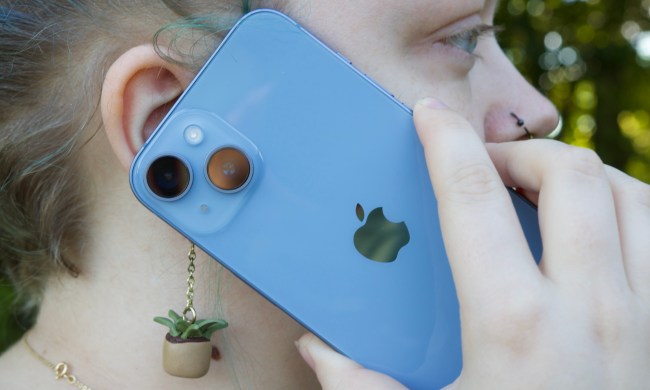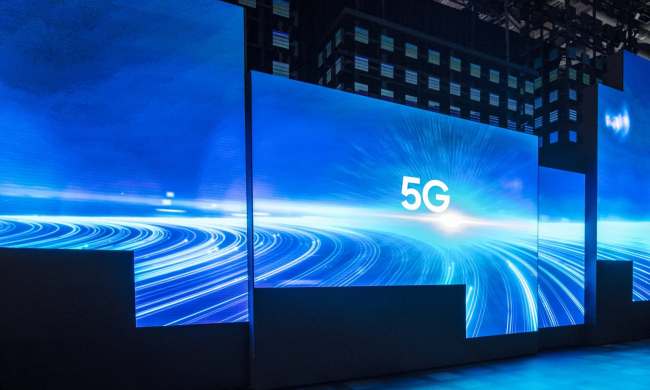America’s cell phone carriers are uniting to take a stand against robocalls.
Twelve of the biggest American phone companies, including AT&T, Sprint, T-Mobile, and Verizon, promised on Thursday to start using a new technology that can identify and block the pesky spam calls, according to the Washington Post. The carriers are partnering with 51 attorneys general and will announced the pledge in Washington.
The Post reports that the new spam caller blocking technology is called STIR/SHAKEN and identifies spoofing practices that robocallers often use to make numbers appear as a local call. The new technology is expected to be implemented by all carriers “as soon as practical.”
As part of the pledge, the carriers will also offer free anti-robocall tools to users.
Aside from the big four, other carriers taking the pledge include Comcast, Bandwidth, Charter, Consolidated, U.S. Cellular, CenturyLink, Frontier, and Windstream.
The Federal Communications Commission (FCC) voted in June to allow cell phone carriers to automatically block robocalls. The major carriers already have robocall blocking programs in place, but Thursday’s pledge is a serious step in making the prevention robocalls a major priority for all cell phone carriers.
In June, the Federal Trade Commission (FTC) and law enforcement officials announced a strict crackdown that takes aim at U.S. companies responsible for over a billion spam calls. Attorneys general also partnered with the effort the FTC calls, “Operation Call It Quits.”
“At best, these calls represent a nuisance for families just wanting to enjoy peace and privacy without needless disturbances interrupting their routines. At worst, they represent scams that successfully steal people’s identities or hard-earned money,” said Indiana Attorney General, Curtis Hill, in the June announcement.
Robocallers aim to obtain personal information by calling you, offering a wide range of scams. They can claim to be able to lower your credit card interest rate, offer you money-making opportunities, or provide medical alert systems. There were an estimated 4.7 billion scam phone calls made in July alone — more than 150 million per day.
Digital Trends reached out to AT&T, Spring, T-Mobile, and Verizon for more details on the pledge, but we have not yet received a response.



